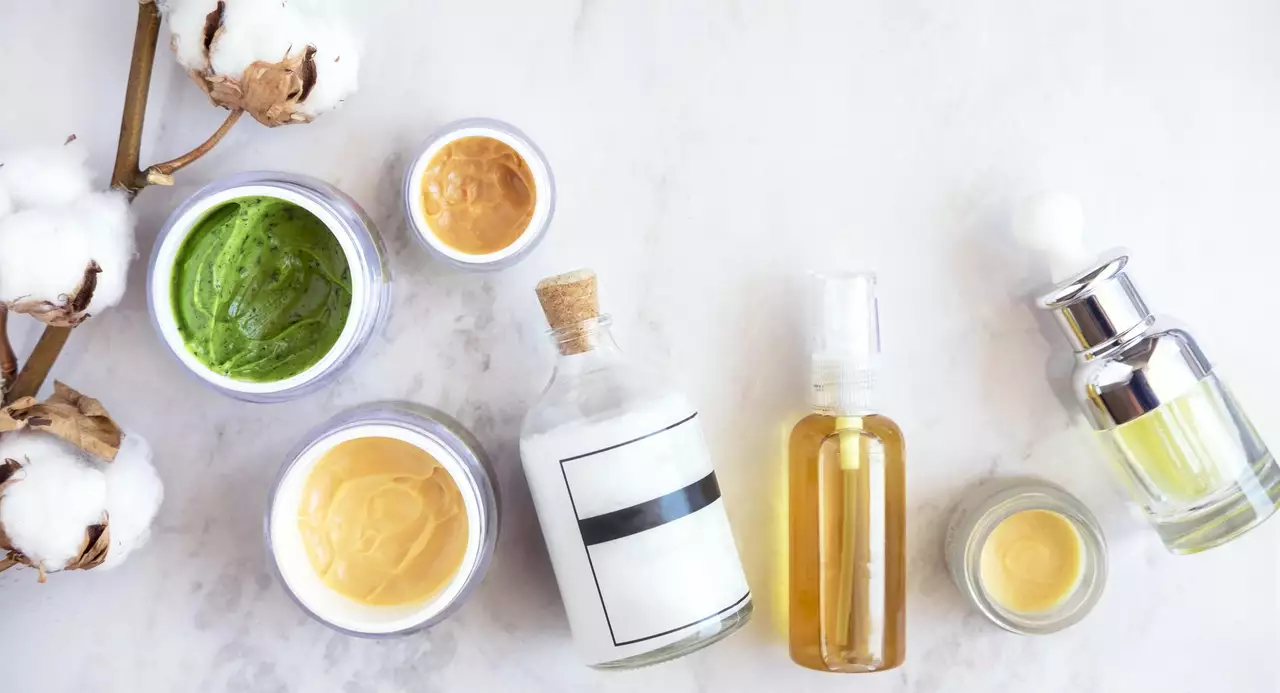Chapped Skin: Fast Relief & Simple Care Tips
If your hands, lips, or elbows feel tight and flaky, you’re dealing with chapped skin. It’s not just annoying – it can crack, bleed, and make everyday tasks uncomfortable. The good news? You don’t need a pharmacy visit to fix it. A few daily habits and the right moisturizers can bring relief in minutes.
Why Your Skin Gets Chapped
Chapped skin happens when the outer layer loses water faster than it can replace it. Cold wind, low humidity, frequent hand washing, and harsh soaps all strip natural oils. Even a simple habit like rubbing your face with a towel after a shower can wipe away moisture.
Your body also produces less oil as you age, so older skin is more prone to cracking. If you have a condition like eczema or psoriasis, the barrier is already weak, making chapping even easier.
Everyday Solutions That Actually Work
1. Choose a moisturizer with occlusive ingredients. Look for petrolatum, shea butter, or dimethicone. These create a seal that locks water in. Apply while your skin is still damp – that’s when it absorbs best.
2. Use lukewarm water, not hot. Hot water feels good but it opens pores and washes away oils. Keep showers short and temperature mild.
3. Protect your hands. When you wash dishes or clean, wear rubber gloves lined with cotton. If gloves feel sweaty, swap them out every hour to avoid trapping moisture.
4. Add a humidifier. In winter, indoor air can drop below 30% humidity. A small humidifier adds back the missing moisture and helps your skin stay supple.
5. DIY soothing balm. Mix equal parts coconut oil and beeswax, melt together, then add a few drops of lavender essential oil if you like scent. Store in a tin and apply to cracked spots before bed.
Remember, consistency beats occasional over‑the‑counter fixes. A thin layer of ointment applied twice daily prevents the skin from drying out again.
If cracks are deep, bleed, or show signs of infection (redness spreading, pus), see a pharmacist or doctor. They can prescribe stronger steroids or antibiotics to heal faster.
Bottom line: chapped skin is a sign that your barrier needs repair, not an inevitable part of aging. With the right routine – gentle cleansing, smart moisturizers, and protection from harsh environments – you’ll keep your skin smooth and comfortable all year long.
Natural remedies for chapped skin that actually work
As someone who suffers from chapped skin, I've found some natural remedies that really work wonders. One of my go-to's is using aloe vera gel, which is not only soothing but also helps with skin healing. I've also used coconut oil as a moisturizer, as it's rich in fatty acids that nourish the skin. Another great option is honey, which has natural antibacterial properties and helps lock in moisture. Lastly, don't underestimate the power of staying hydrated, as drinking enough water can make a significant difference in your skin's health.

